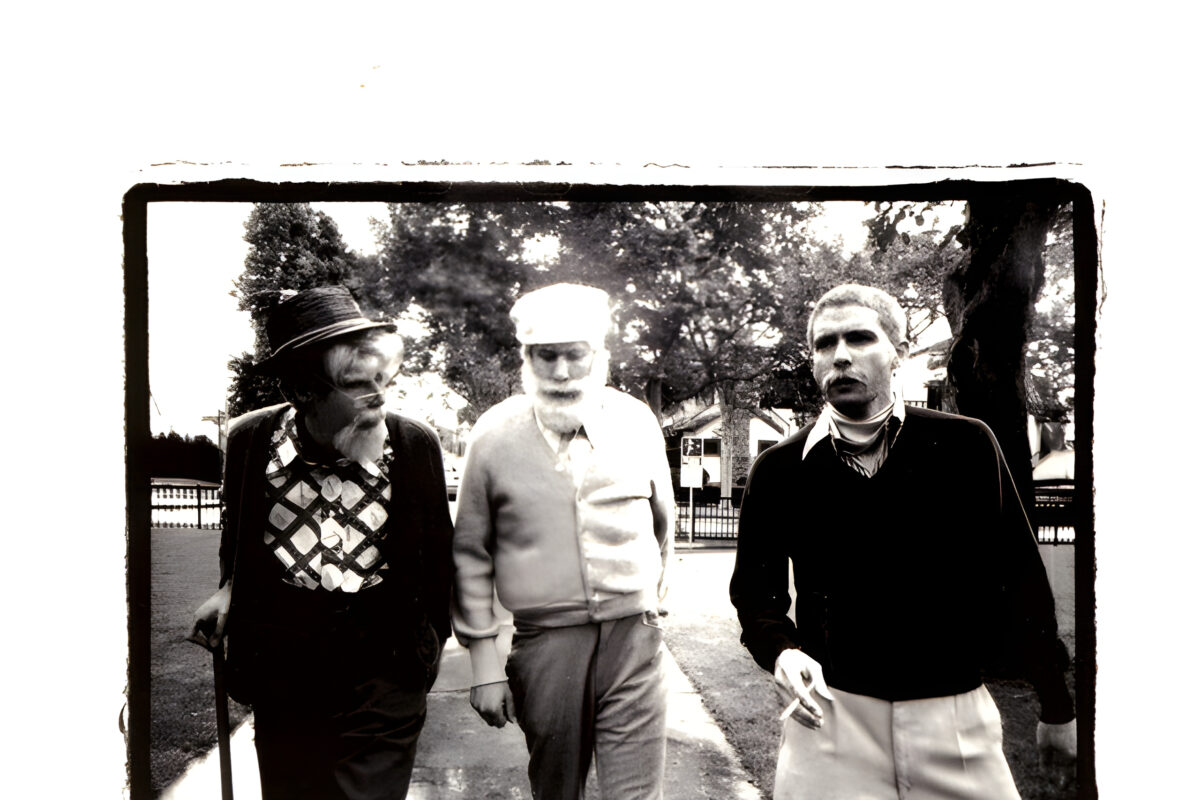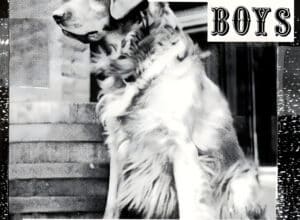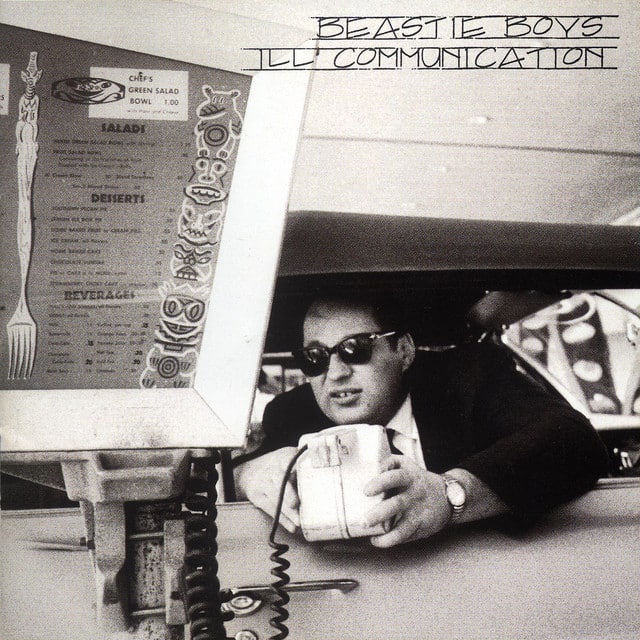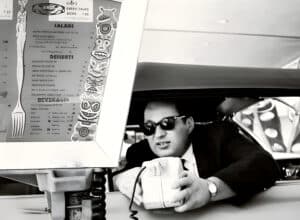Released: 1999
“Railroad Blues” by the Beastie Boys is a tribute to the American pioneers who played a pivotal role in the development of the nation, focusing specifically on the hardships of railroad workers and miners. The song is an ode to perseverance and the pursuit of the American dream, despite the personal sacrifices involved, as portrayed through the journey of a character named Johnny.
The song kicks off with a celebratory “YEEEHAAW,” capturing a sense of adventure and nostalgia. The opening lines dedicate the track to pioneers, highlighting the monumental task of building railroads in the uncharted territories of the American West. It’s a salute to those whose toil laid the foundation for America’s expansion.
The hook revolves around Johnny, a railroad worker, and it illustrates his daily grind of “poundin’ on iron and steel.” This image of physical labor and its focus on working for a “next meal” underscores the relentless nature of his journey. It reflects the rugged life and uncertain future faced by many of those laborers.
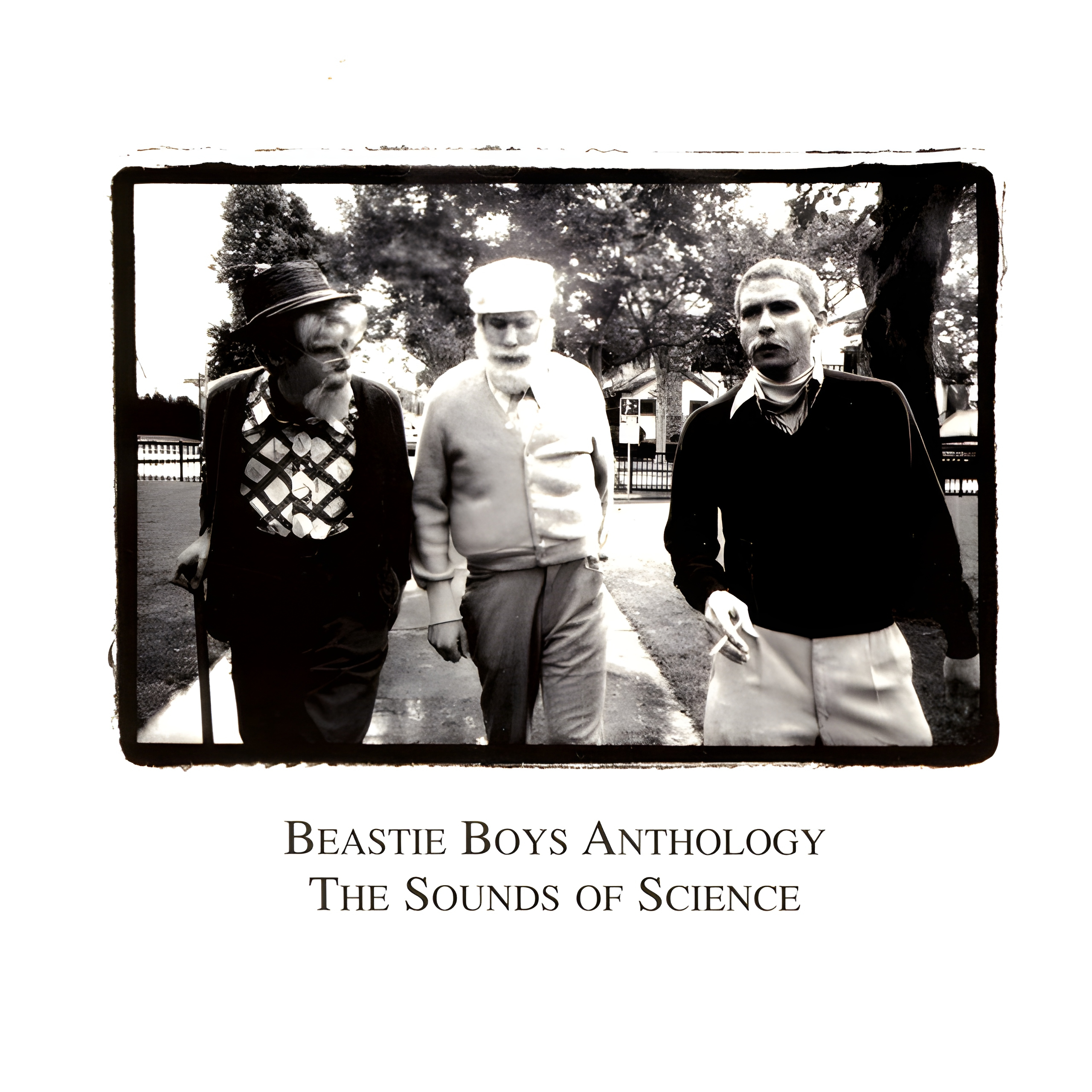
Verse one elaborates on the spirit of a young, growing America and its drive towards progress through railroads crossing the expansive prairies. Johnny’s personal narrative intertwines with this national tale as he ventures West despite his mother’s wishes, marking the sacrifice of family ties for broader dreams. It’s a common theme among settlers who left everything behind to explore unknown lands.
Johnny’s departure highlights the internal conflict many faced; leaving loved ones for the promise of prosperity, often resulting in isolation and hardship. The absence of replies to his letters emphasizes the communication barriers and emotional strain of the era. His mother’s plea reflects a deeper cultural anxiety of separation during westward expansion.
As the story progresses to Johnny’s arrival in San Francisco, his tired, broke state mirrors the broader reality of many gold-seekers. The song hints at the disillusionment of the California Gold Rush with Johnny’s ongoing but unfruitful efforts to find gold, suggesting the promise of wealth was often elusive.
Even as Johnny tries to send money home, his struggle is a metaphor for the broader hardship faced by those in pursuit of a better life. It reflects on the disconnect between the dream and the harsh reality faced by many. The letters signify hope and the persistence to bridge gaps between aspirations and actuality.
The poignant moment comes when Johnny receives a letter from his mother on her deathbed. Her words bring forth a somber reflection on the inevitable toll of these pursuits. It emphasizes the human cost of westward expansion and the emotional price of the American dream. Her deathbed note introduces a personal and historical gravitas to Johnny’s quest.
The repeated hook of Johnny working on the railroad, continuing “a poundin’ on iron and steel,” reinforces the relentless toil of those times, binding his story to the many unsung laborers who built America’s infrastructure. It’s a homage to their enduring legacy.
In sum, “Railroad Blues” isn’t just about one man’s story; it’s a reflection on the relentless spirit and struggles that define American history. The Beastie Boys capture this with both poignancy and respect, ensuring that the pioneers’ dreams and sacrifices are remembered. The historical context enriches the song’s narrative, rooting Johnny’s personal saga within the broader tapestry of American expansion.
